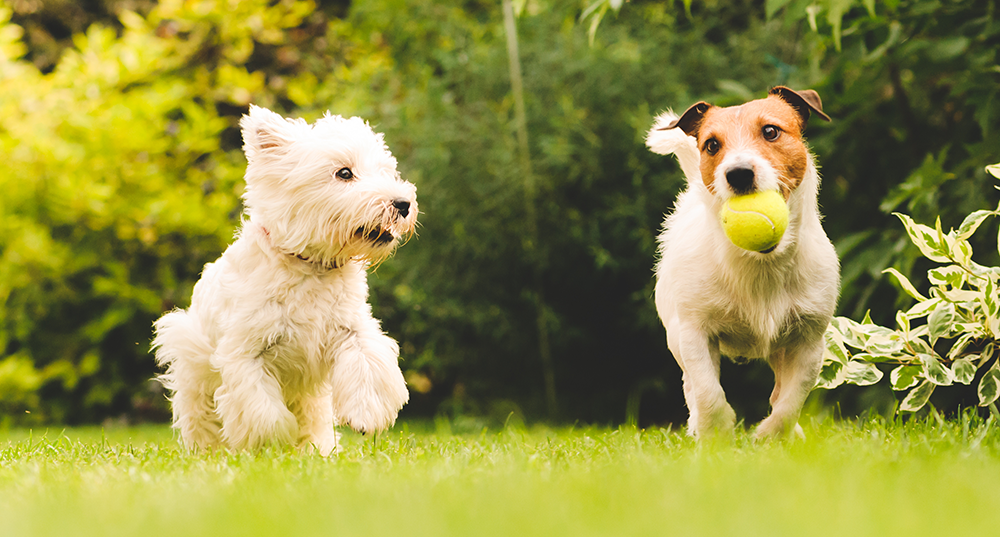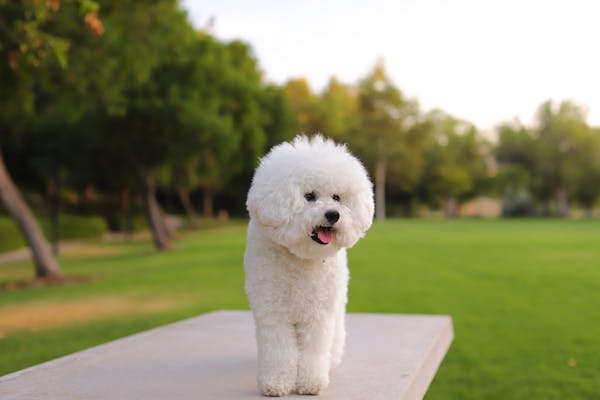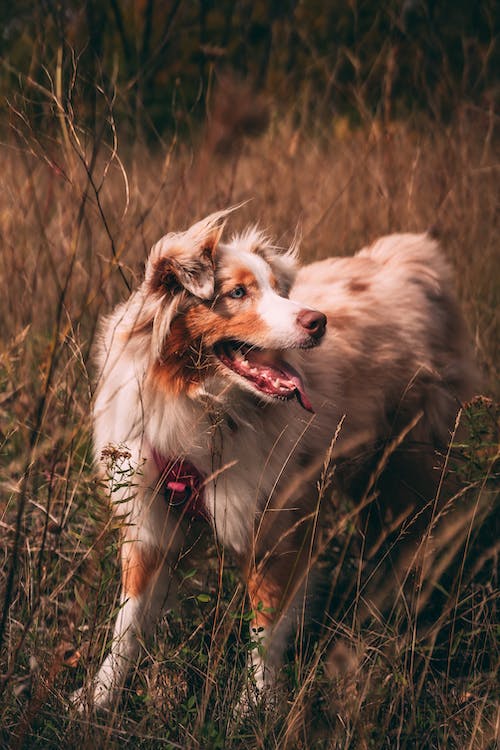If your aging dog is refusing food but still drinking water normally, it can be puzzling and worrying. While inappetence has many causes in senior dogs, drinking is a priority that remains relatively unaffected until late stages of disease. Understanding the complex interplay between appetite, hydration, and health issues in older dogs helps unravel why this situation occurs.
Importance of Water for Senior Dogs
Water is absolutely vital to maintain life and body functioning. Even when sick or in end stages, dogs instinctively crave hydration.
Some key reasons drinking remains essential to senior dogs despite appetite changes:
- Hydrates tissues and allows blood flow
- Transports nutrients and oxygen
- Eliminates waste through urine
- Maintains electrolyte balance
- Lubricates joints
- Regulates body temperature
- Aids digestion
- Prevents kidney damage
Because water is so integral to sustaining bodily health, senior dogs prioritize hydration as their needs shift with age.
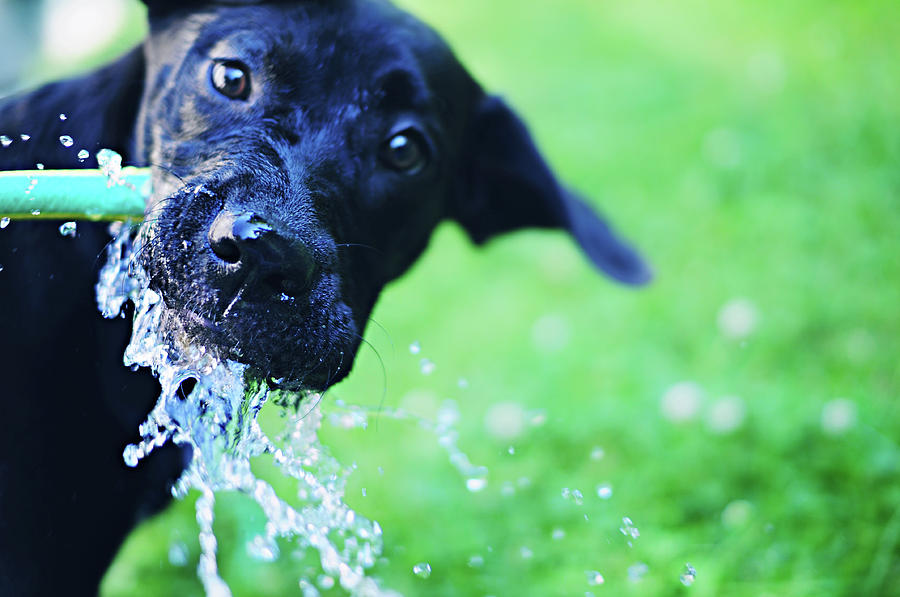
Why Appetite Declines in Senior Dogs
While drinking remains steady, there are many reasons aging dogs’ food intake frequently falters:
- Dental disease – pain inhibits chewing
- Loss of smell/taste – food seems unappealing
- Gastrointestinal issues – nausea, difficulty digesting
- Medications – side effects like vomiting or ulcer
- Decreased activity – need less food energy
- Cognitive dysfunction – forgetting/confusion at mealtimes
- Cancer/tumors – abnormal metabolisms alter hunger
- Organ dysfunction – kidneys, liver, heart unable to process nutrients
- Infection – metabolic effects suppress appetite
- Pain/arthritis – decreases interest and ability to eat
With so many factors influencing appetite as dogs age, it’s not unusual for food intake to diminish even if drinking habits remain steady. Prioritizing hydration is essential to their health.
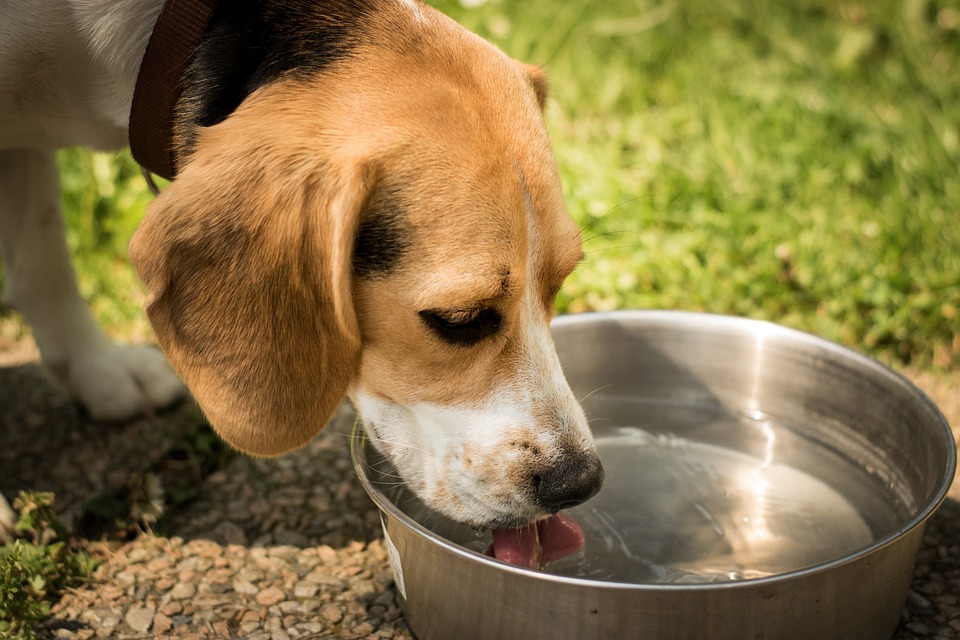
Dangers of Dehydration in Senior Dogs
Allowing inadequate water intake leads to dehydration, which has serious consequences:
- Impaired blood flow and oxygen delivery
- Electrolyte imbalances disrupting nerve function
- Reduced kidney filtration contaminating blood
- Hard, dry stools challenging to pass
- Increased joint stiffness and pain
- Rapid overheating and heat stroke
- Lethargy and depression
- Seizures or death in extreme cases
Keeping senior dogs well-hydrated is thus critical even as eating declines. Support their innate drive to drink.
Strategies to Keep Senior Dogs Hydrated
Make hydration easy and appealing with these tips:
- Give frequent access to fresh, clean water daily
- Try elevated bowls making drinking more comfortable
- Add water to food to increase fluid intake
- Offer moist foods like canned food, broths and gravies
- Use fountains circulating water to stimulate drinking
- Try flavor enhancers like low-sodium broths
- Try different vessels like wide bowls to aid drinking
- Monitor urine volume and color for dilution
Your veterinarian can provide tailored guidance to maintain your senior dog’s hydration. Intravenous or subcutaneous fluids may be prescribed if dehydration develops.
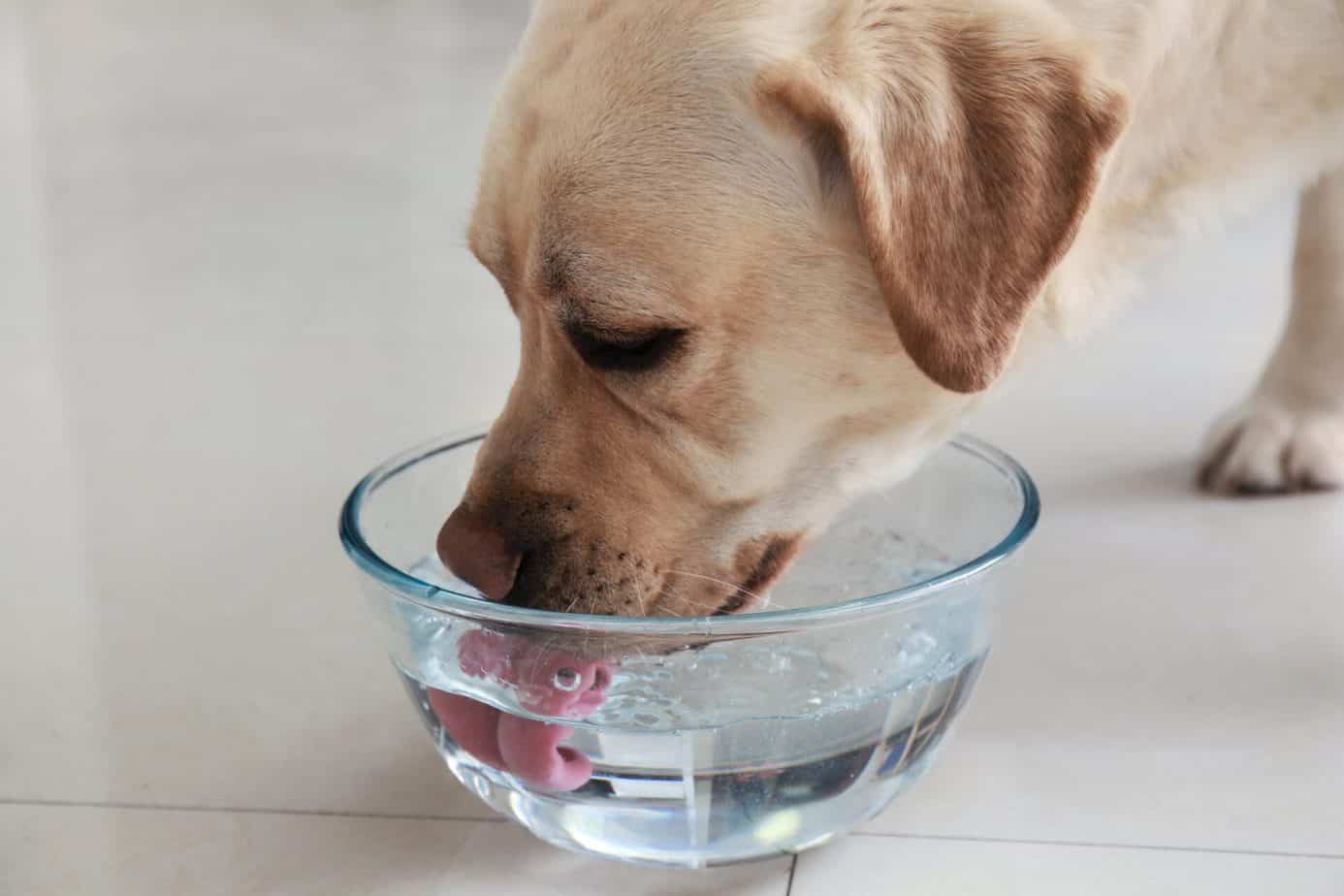
When to Seek Veterinary Care
Contact your vet promptly if your senior dog shows these signs:
- Refusing all food and water for over 24 hours
- Significant weight loss or muscle wasting
- Excessive panting and overheating
- Skin tenting and poor skin turgor
- Tacky or dry gums
- Sunken eyes or lethargy
- Markedly decreased urination
- Vomiting or diarrhea
Prolonged loss of appetite and failure to drink warrant medical intervention to support nutritional needs and stabilize any underlying disease.
Conclusion
When senior dogs lose interest in food but continue drinking normally, don’t despair. This common scenario reflects the aging body’s shifting priorities. While the causes of appetite decline must be addressed, the dog’s drive to drink remains essential to sustaining health. Support your senior dog’s innate hydration instincts and contact your vet if dehydration develops. With attentive care, you can maintain your dog’s quality of life even as eating habits evolve in their golden years.

